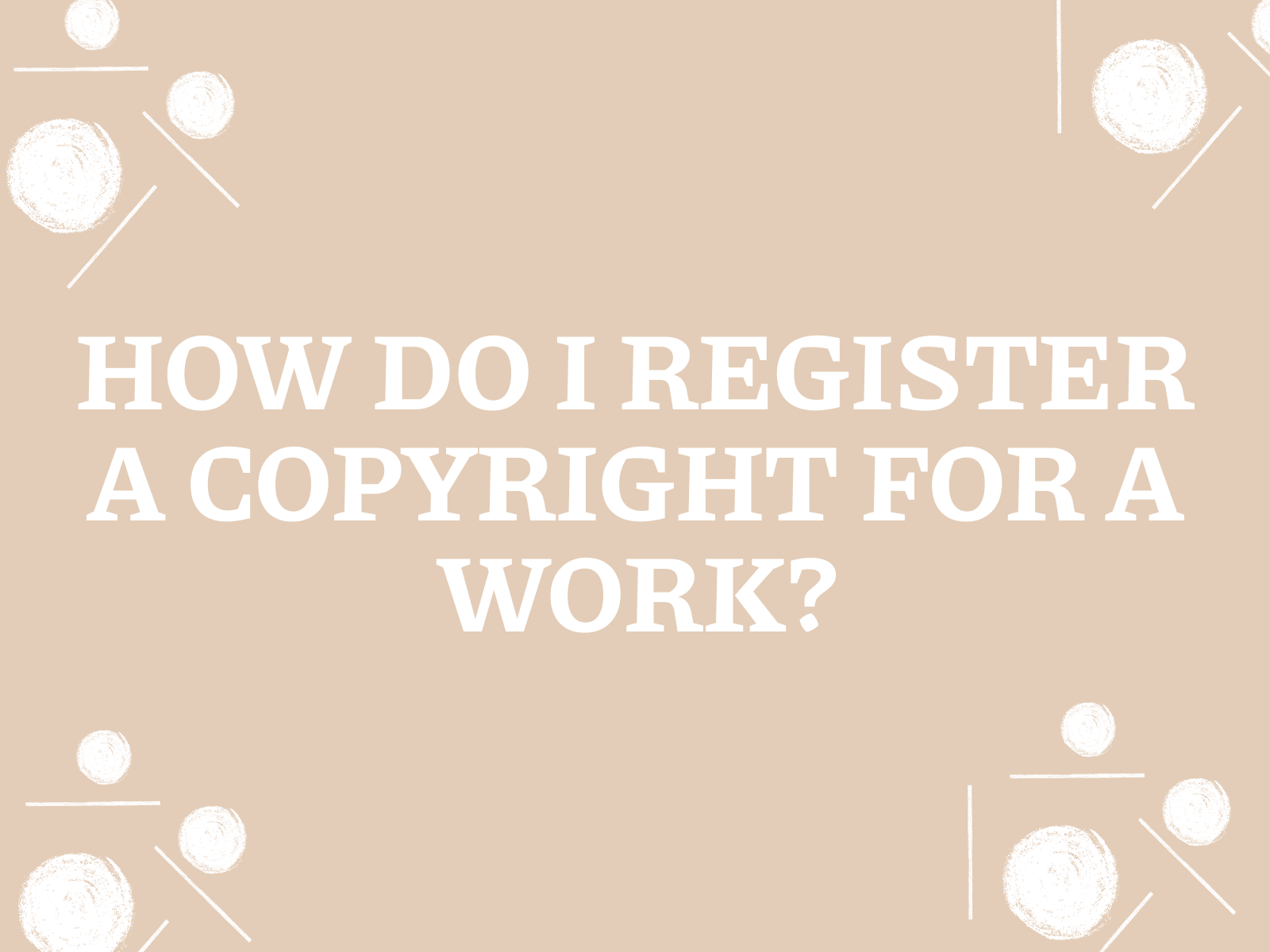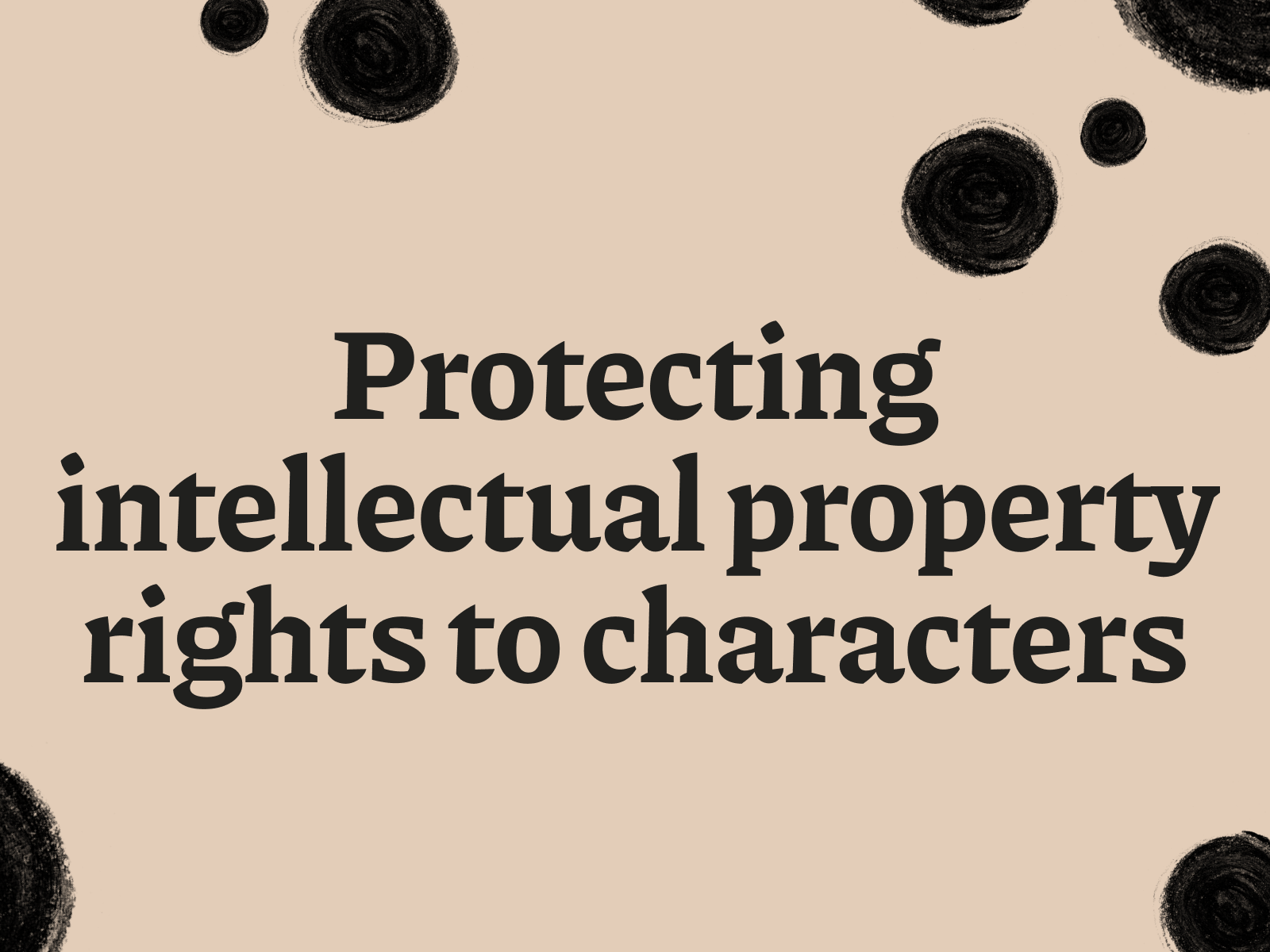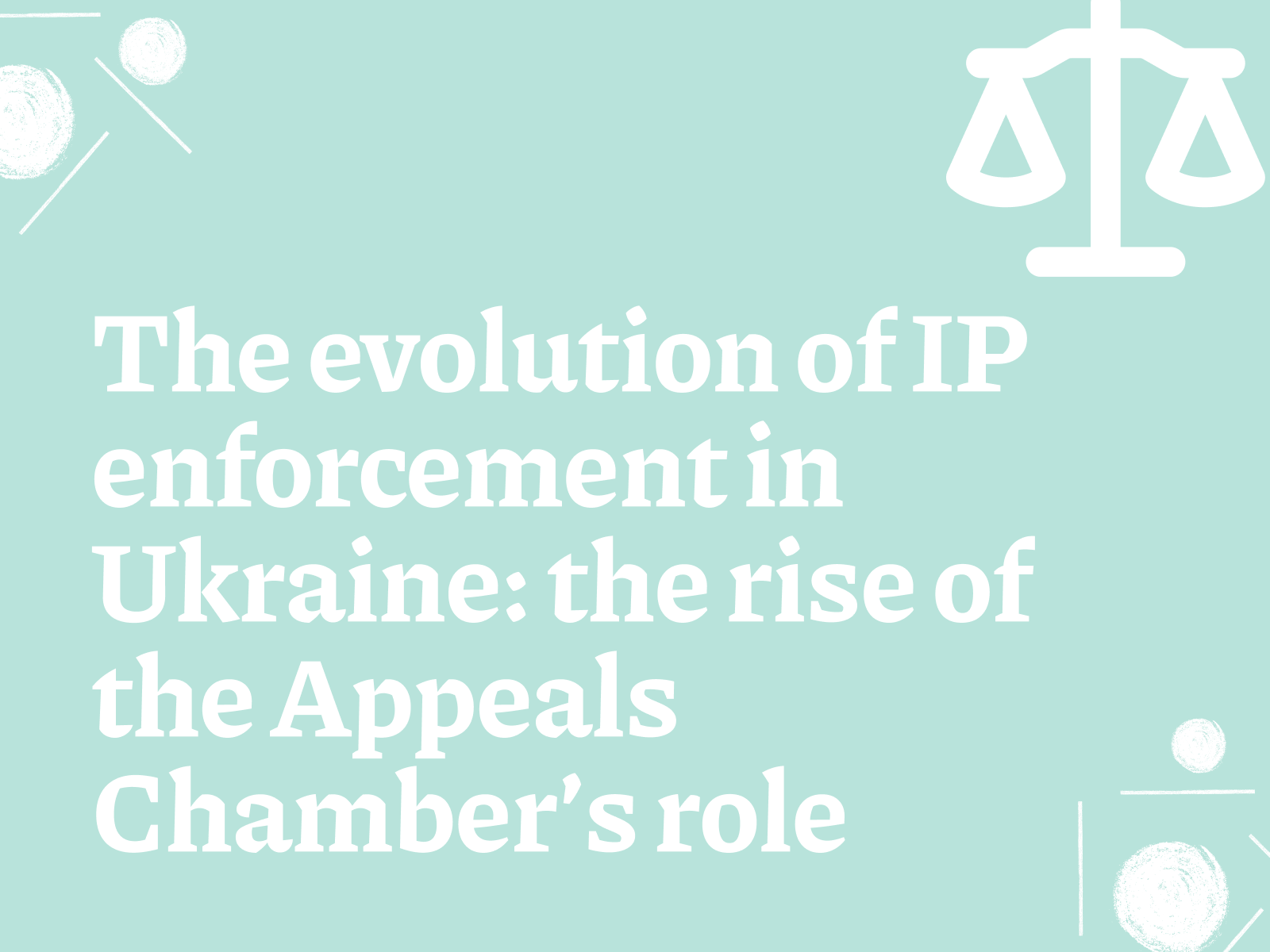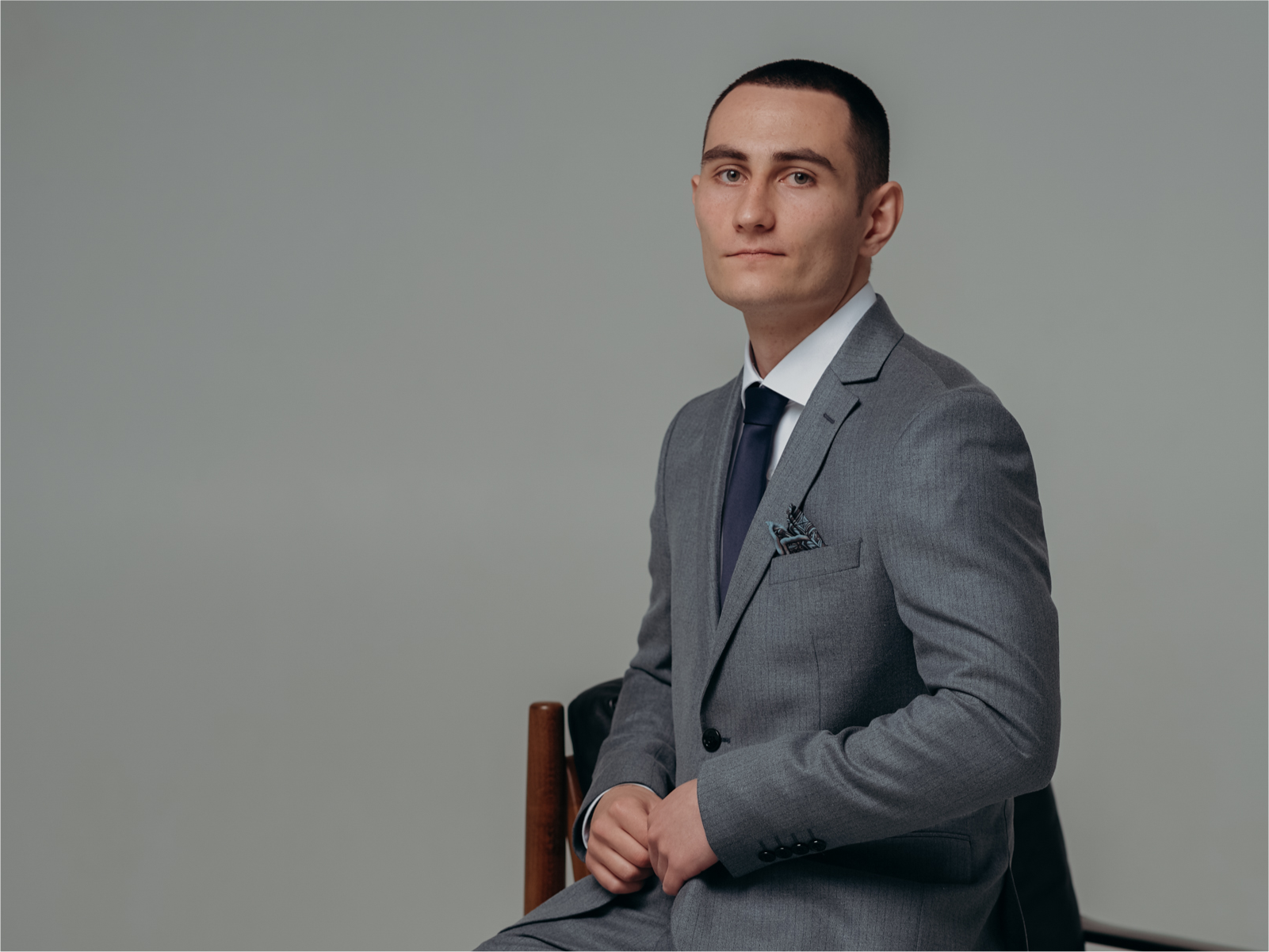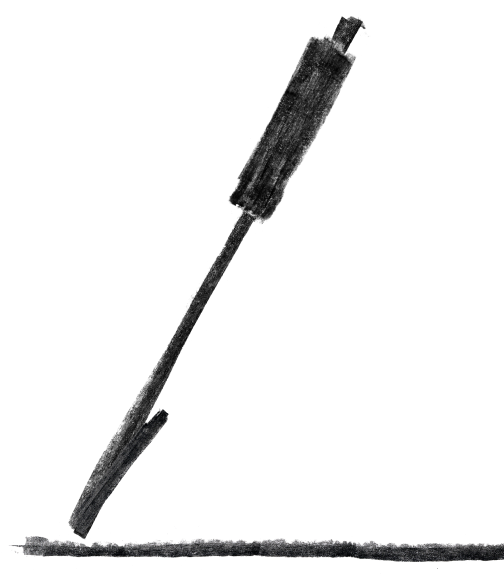In a world where creativity is the driving force of progress, intellectual property protection becomes an integral part of every author’s success. Copyright is a reliable shield protecting unique ideas expressed in literary, artistic, musical or scientific works.
Copyright registration in Ukraine is an important step that gives authors exclusive rights to use and distribute their creations. Whether you are a writer, artist, musician, designer or scientist, understanding and protecting your copyrights is the key to a successful and fruitful creative endeavour.
What is copyright?
Copyright law is a set of legal norms regulating relations related to the creation and use of works of science, literature and art. It gives authors the exclusive right to control the use of their works, including the right of reproduction, distribution, public display, translation and adaptation. This means that no one can use your work without your permission, which provides protection against plagiarism, illegal copying and distribution.
The objects of copyright may be a variety of works that are the result of the author’s creative activity and expressed in an objective form. Such works include:
- Literary works: books, articles, poems, screenplays, blogs, translations, compilations, etc.
- Musical works: songs, symphonies, operas, musical compositions, arrangements, etc….
- Artwork: paintings, sculptures, photographs, graphic works, illustrations, designs, architectural projects, etc.
- Scientific works: articles, monographs, dissertations, studies, research papers, scientific reports, etc.
- Software and databases: program code, database structures, user interfaces.
- Audiovisual works: films, TV programmes, video clips, animated films, etc….
- Stage works: plays, choreographies, pantomimes, play scripts, etc.
The Copyright Work Logo(©) is a symbol used to identify copyrighted works. It consists of the letter “C” in a circle, the name of the copyright owner, and the year the work was first published. While the use of the logo is not mandatory for copyright protection, it serves as a visual reminder that the work is protected by law and cannot be used without the author’s permission.
Copyright arises automatically from the moment the work is created and does not require mandatory registration. However, copyright registration provides the author with additional advantages, such as:
- Public Proof of Authorship: a copyright registration certificate is the official document that confirms your authorship of a work.
- Simplified protection of rights in court:the presence of a certificate of copyright registration greatly simplifies the process of proving authorship and defending one’s rights in case of infringement.
- Transferability: registered copyright can be transferred or licensed to others.
Understanding the basics of copyright law is important for every creator who wants to protect their works and receive remuneration for their labour. Polikarpov Law Firm is always ready to help you understand the intricacies of copyright law and ensure reliable protection of your creative works.
Copyright registration in Ukraine: steps and advantages
How to apply for the rights to my work in Ukraine? The process of formalising copyright is called copyright registration. Although copyright arises automatically from the moment a work is created, registration provides a number of advantages that can be decisive in copyright disputes.
The process of copyright registration, or in other words, the process of obtaining copyright in Ukraine is quite simple and consists of the following steps:
- Preparation of documents: it is necessary to collect a package of documents including an application, a description of the work, a copy (or a fragment) and a document confirming the payment of the state duty.
- Submission of documents: documents can be submitted in person or by mail to the Ukrainian National Office of Intellectual Property (UKRNOIVI).
- Expertise of the application: UKRNOIVI carries out an expert examination of the submitted documents for compliance with the legal requirements.
- Copyright registration: in case of successful examination, UKRNOIVI issues a certificate of copyright registration.
Advantages of copyright registration:
- Simplifying the proof of authorship: the registration certificate is an official document confirming your authorship and the date of creation of the work. This greatly simplifies the process of proving authorship in disputes.
- Improving the credibility of the work: having a certificate of registration demonstrates that you are serious and responsible about protecting your rights, which increases the confidence of partners, investors and consumers in your work.
- Compensation: in case of copyright infringement, the certificate allows you to claim damages and compensation for unauthorised use of the work.
- International protection: copyright registration in Ukraine allows you to get protection of your rights abroad, as Ukraine is a party to international treaties in the field of intellectual property.
Some authors ask the question “how to obtain a copyright patent?” and believe that it is necessary to obtain a copyright patent to protect their works. However, patents relate to inventions, utility models and industrial designs, not to works of literature, art or science. It is the copyright mechanism that is used to protect such works.
Protect your rights with Polikarpov Law Firm
Polikarpov Law Firm specialises in the protection of intellectual property, including copyrights. We offer a full range of services to help you protect your creative works:
-
- Copyright advice: Polikarpov Law Firm lawyers will provide comprehensive information on the rights of authors and their obligations, and help you determine the best strategy for protecting your works.
- Copyright Registration: we will help you to prepare all the necessary documents and go through the copyright registration procedure quickly and hassle-free.
- Copyright protection: in case of infringement of your rights, we will provide you with professional legal assistance, including representation in court and negotiation with infringers.
- Licensing and transfer of rights: we can help you draft licence and copyright transfer agreements, ensuring that your interests are protected.Don’t hesitate!” Contact the lawyers of Polikarpov Law Firm today to get professional legal advice and securely protect your copyrights.
Conclusions
In today’s information society, where creativity plays a key role, copyright protection is extremely important. Copyright registration in Ukraine provides authors with additional guarantees and opportunities to control the use of their works. Polikarpov Law Firm is always ready to become your reliable partner in the field of intellectual property protection, providing legal support at all stages of your creative activity.
Can I use someone else's work without the author's permission?
In general, using someone else’s work without the author’s permission is copyright infringement. This means that you cannot copy, distribute, publish, revise or commercially exploit the work without the consent of the copyright owner.
However, there are exceptions to this rule:
- Fair Use: this principle allows the use of another’s work without the author’s permission in limited cases, such as for criticism, commentary, news reporting, teaching and research. It is important to realise that fair use is a complex concept and its application depends on the particular circumstances.
- Public domain works: Copyrights in works have a limited duration. When it expires, the work enters the public domain and can be used without authorisation.
- Open Licences: Some authors knowingly make their works available for free use under open licences such as Creative Commons. The terms of use for such works may vary, so it is important to read the terms of the particular licence.
What to look out for:
- Even with fair use or open licence works, it is usually necessary to credit the author and source of the work.
- It’s always best to get the author’s permission if you’re not sure if your use falls under the exceptions.
- Illegal use of copyrighted works may result in legal liability, including fines and damages.
If you have any doubts about the use of someone else’s work, it is advisable to seek advice from a lawyer specialising in intellectual property.
What documents can be proof of authorship and copyright of a work?
Although copyrights arise automatically when a work is created, having proof of authorship and rights can be critical when disputes arise. Here are some documents that can serve as such evidence: .
Direct evidence:
- Manuscripts and drafts: early versions of a work that demonstrate the process of its creation can be valuable evidence.
- Original Files: save original files of a work, such as documents, images, audio and video files. The metadata of these files may contain information about the date of creation and authorship.
- Certificates of deposit: depositing a work with special organisations, such as the Ukrainian Agency for Copyright and Related Rights (UAACR), can provide official confirmation of authorship and date of creation.
- Contracts and agreements: contracts with publishers, customers, co-authors, etc. may contain provisions on authorship and rights to the work.
- Correspondence: emails, letters and other forms of communication where the work or the process of its creation is discussed can be useful evidence.
Circumstantial evidence:
- Publications and registrations: publication of a work in journals, books, websites or registration in online catalogues can attest to authorship and date of creation.
- Witness testimonies: people who witnessed the creation of the work or can attest to your authorship can provide testimonies.
- Expertise reports: in some cases, an expert report may be required to establish the authorship or originality of a work.
Recommendations:
- Keep all documents related to the creation and distribution of the work.
- Date your work and manuscripts.
- Use technologies that allow you to track authorship and date of creation, such as digital signatures and watermarks.
- Consider depositing the work with the UAASP or other appropriate organisation.
Remember, the more evidence you have, the easier it will be to defend your copyright if necessary
Can I use my copyright in a work for commercial purposes?
So, as the copyright owner of a work, you have the exclusive right to use it for commercial purposes. This means that you can
- Sell copies of the work: e.g., sell books, paintings, musical recordings, software, etc.
- Licence your work to others: you may grant others the right to use your work in exchange for payment of royalties or other remuneration. This may include licensing the rights to use the work in films, TV shows, advertisements, websites, etc.
- Create derivative works: you can create new works based on the original, such as translations, adaptations, arrangements, etc., and use them for commercial purposes.
- Use the artwork to promote your business: you can use the artwork in your promotional materials, website, social media, etc..
It’s important to remember:
- You have the right to control how your work is used for commercial purposes. You can set the terms of use, determine the price, choose partners, etc….
- You are responsible for respecting the rights of others. For example, if your work contains copyrighted elements of others (such as music samples), you need to obtain permission to use them.
- Commercial use of copyrights may have tax implications. It is recommended that you consult a tax advisor to understand your obligations.
Using your copyrights for commercial purposes can be an effective way to generate income and promote your creativity. However, it is important to understand your rights and obligations to avoid legal problems and ensure that your intellectual property is used successfully.
What if I want to use a work but can't find the copyright owner?
The situation where you want to use a work but can’t find the copyright owner is quite common. Here are some steps you can take:
- Information retrieval:
- Carefully examine the work and any accompanying information: note the author’s name, publisher, website, watermarks, or any other identifying information.
- Search the Internet: use search engines and specialised copyright databases to try to find information about the author or rights owner.
- Consult the copyright management organisations: in Ukraine, the Ukrainian Agency for Copyright and Related Rights (UAACR) is such an organisation. They may have information about the author or the owner of the rights.
- Refer to the source where you found the work: if you found the work on a website, in a book or magazine, try contacting the website owner, publisher or editorial office.
- Risk Assessment:
- Consider the nature of the work and how it is used: the risk of copyright infringement may be higher for commercial uses or uses of works of high commercial value.
- Evaluate the possibility of finding the rights owner: if your search is inconclusive and you have no information about the author or rights owner, the risk of copyright infringement may be higher.
- Consider the alternatives:
- Use works in the public domain: there are many works whose copyrights have expired and can be freely used.
- Search for works with open licences: many authors make their works available for free use under the terms of open licences.
- Create your own original work: this is the safest option and ensures that you don’t infringe anyone’s copyright.
- Seek legal advice:
- If you are unsure how to proceed or the risk of copyright infringement is high, it is best to consult a lawyer specialising in intellectual property.
- A lawyer can help you assess your risks, consider your options and develop a course of action that suits your needs and minimises your risks.
Remember: use of a work with an unknown author always involves some risk. It is important to do everything possible to find the owner of the rights, or to find an alternative option to avoid copyright infringement

